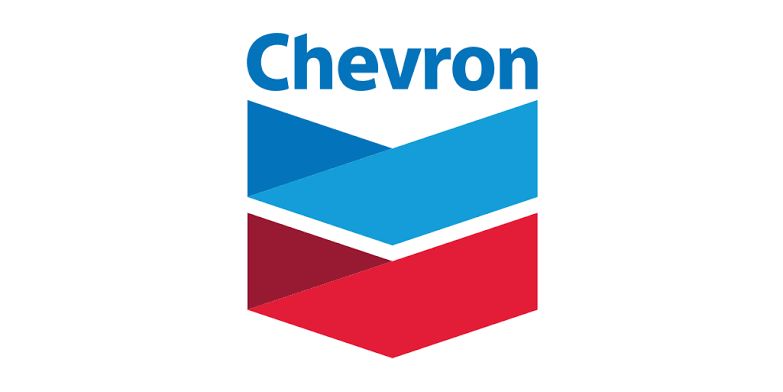Chevron Nigeria Limited has announced that is cutting its workforce by 25% as a result of the prevailing business climate caused by the COVID-19 pandemic which has led to low crude oil prices and declines in global demand and supply.
The statement titled ‘Chevron Nigeria Limited Reviews Workforce in Accordance with Business Exigencies’ was signed by CNL’s General Manager, policy, government and public affairs, Esimaje Brikinn, and released on Friday, October 2nd 2020.
The General Manager also dismissed alleged speculations that indicate that the reduction is to outsource jobs done by Nigerians to foreigners. He said Chevron is working with its joint venture partners, the Nigerian National Petroleum Corporation (NNPC) and the Department of Petroleum Resources (DPR), on the process.
The statement read:
“CNL and its affiliates, confirms that it is reviewing its manpower requirements in the light of the changing business environment, while continuing to evaluate opportunities to improve capital efficiency and reduce operating costs.”
“In this process, the company will be streamlining its workforce and improving service delivery and overall performance at all levels. This will increase efficiency and effectiveness, retain value, reduce cost, and generate more revenue for the federal government of Nigeria.”
“It is important to note that all our employees will retain their employment until the reorganisation process is completed.”
“We have prospects for our company in Nigeria; however, we must make the necessary adjustments in light of the prevailing business climate; and we need everyone’s support to get through these tough times stronger, more efficient and more profitable, in order to sustain the business.”
“We are actively engaging our workforce to ensure they understand why this is being done. We will continue to consistently engage all relevant stakeholders, including the leadership of the employee unions as we continue this process of business optimisation.”
“Making changes to the organisation is never easy for anyone that will be impacted, but it is necessary to improve our ability to remain competitive in Nigeria.”



